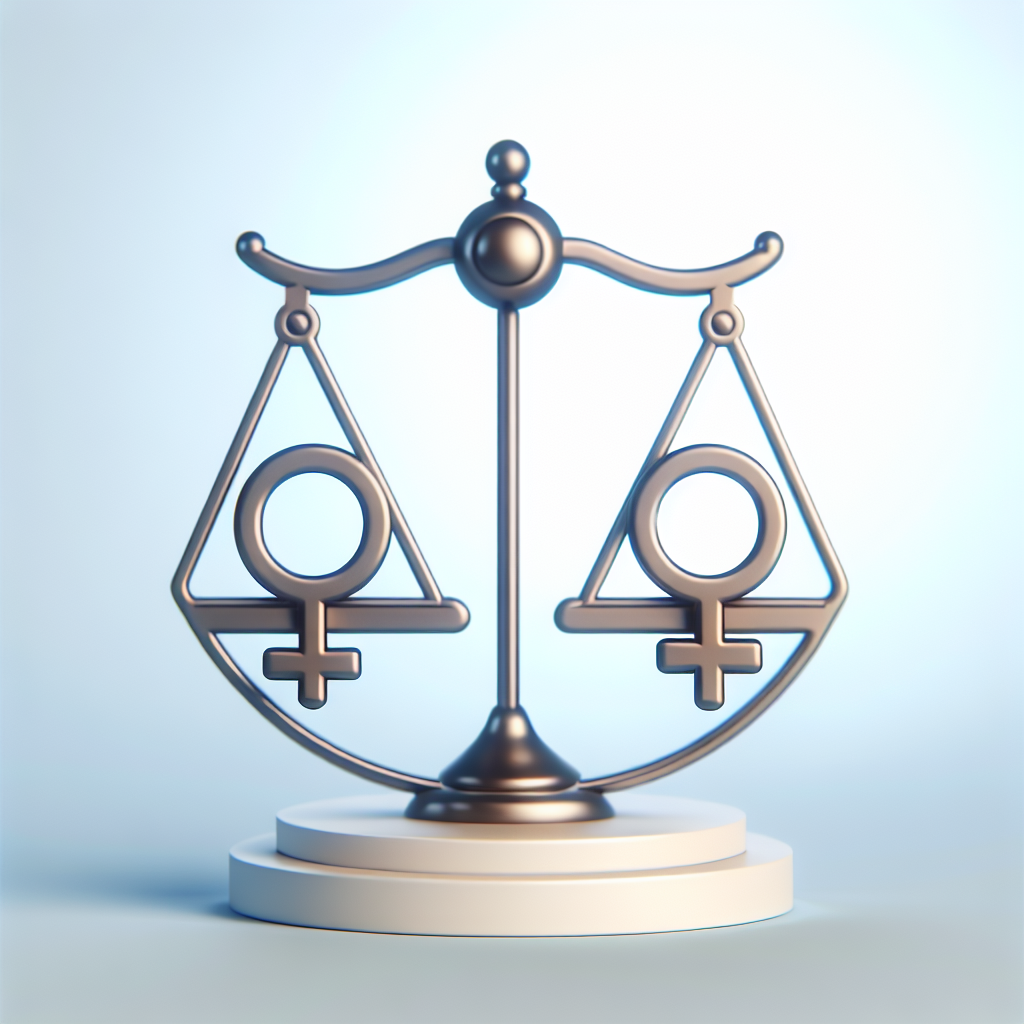VILLEPINTE, France — Almost 17 months ago in New Delhi, Algerian boxer Imane Khelif was disqualified from the International Boxing Association’s (IBA) world championships just three days after winning an early-round bout against Azalia Amineva, a previously unbeaten Russian prospect. This disqualification restored Amineva’s perfect official record.
The IBA stated that Khelif and Taiwanese boxer Lin Yu-ting failed to meet necessary eligibility criteria and had competitive advantages over other female competitors. These eligibility issues have recently resurfaced as Khelif and Lin compete at the Paris Olympics, sparking a larger debate about gender regulations in sports.
The IBA’s decision last year, particularly involving Amineva’s loss to Khelif, would have likely attracted more scrutiny if amateur boxing and the IBA under president Umar Kremlev were better understood. However, the IBA’s tarnished reputation and its exclusion from the Olympics since the 2016 Rio de Janeiro Games have made its actions a topic of limited mainstream interest.
The non-boxing world is largely unaware of the IBA’s chronic issues with transparency and governance. The sports community is left to take the IBA’s assertions about Khelif and Lin at face value, entangling the eligibility dispute with broader arguments about gender identity.
The International Olympic Committee (IOC), which has a contentious history with the IBA, has highlighted the problematic nature of the disqualification. “These two athletes were the victims of a sudden and arbitrary decision by the IBA,” IOC spokesman Mark Adams commented. IOC President Thomas Bach condemned the hate speech directed at the boxers, calling it politically motivated and unacceptable.
The IBA’s troubled past reached a breaking point when its presidency was held by Gafur Rakhimov, who is linked by U.S. officials to organized crime. Under his tenure, the IOC suspended ties, and the IBA was eventually banned from the Olympics. After Rakhimov’s resignation in 2019, Kremlev took control, further deteriorating the relationship with the international boxing community and the IOC.
Kremlev’s leadership introduced Russian state-controlled Gazprom as a major sponsor and relocated much of the IBA’s operations to Russia. Despite the IOC’s advice against flagging Russian athletes post-Ukraine invasion, the IBA allowed them to compete under their flag, leading to a permanent Olympic ban.
World Boxing, a new governing body formed by defecting national federations, aims to preserve boxing’s place in the 2028 Olympics. It is the only viable alternative to the IBA, which is appealing its ban to the Swiss Federal Tribunal.
Despite these conflicts, Kremlev continues to challenge the IOC’s governance, recently announcing plans to pay over $3.1 million to Olympic medalists and coaches, despite the IBA’s lack of connection to many of the competing nations. He has also released videos on social media attacking the IOC, illustrating the ongoing friction between the two entities.
___
For more on the Paris 2024 Olympic Games, visit https://apnews.com/hub/2024-paris-olympic-games
